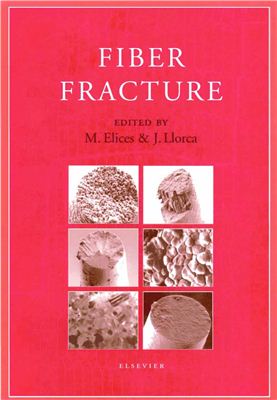Elsevier Science, 2002. - 414 pages
The idea for this book came out of the EURESCO Conference on High Performance Fibers: Euroconference on Fiber Fracture in 2000. Many of the books that are currently available look at different aspects of fiber processing, properties, or applications, but none are focussed on the fracture behaviour of fibers. This book presents the mechancisms and models of fiber fracture currently available for both natural and synthetic fibers, and it is expected that increasingly there will be cross fertilization between the fields, opening new frontiers in academic research and more competitive products for industry. It covers the following areas of fiber fracture: ceramic fibers; glass fibers; carbon filters; metallic fibers and thin wires; polymeric fibers; and carbon nanotubes.
The idea for this book came out of the EURESCO Conference on High Performance Fibers: Euroconference on Fiber Fracture in 2000. Many of the books that are currently available look at different aspects of fiber processing, properties, or applications, but none are focussed on the fracture behaviour of fibers. This book presents the mechancisms and models of fiber fracture currently available for both natural and synthetic fibers, and it is expected that increasingly there will be cross fertilization between the fields, opening new frontiers in academic research and more competitive products for industry. It covers the following areas of fiber fracture: ceramic fibers; glass fibers; carbon filters; metallic fibers and thin wires; polymeric fibers; and carbon nanotubes.

